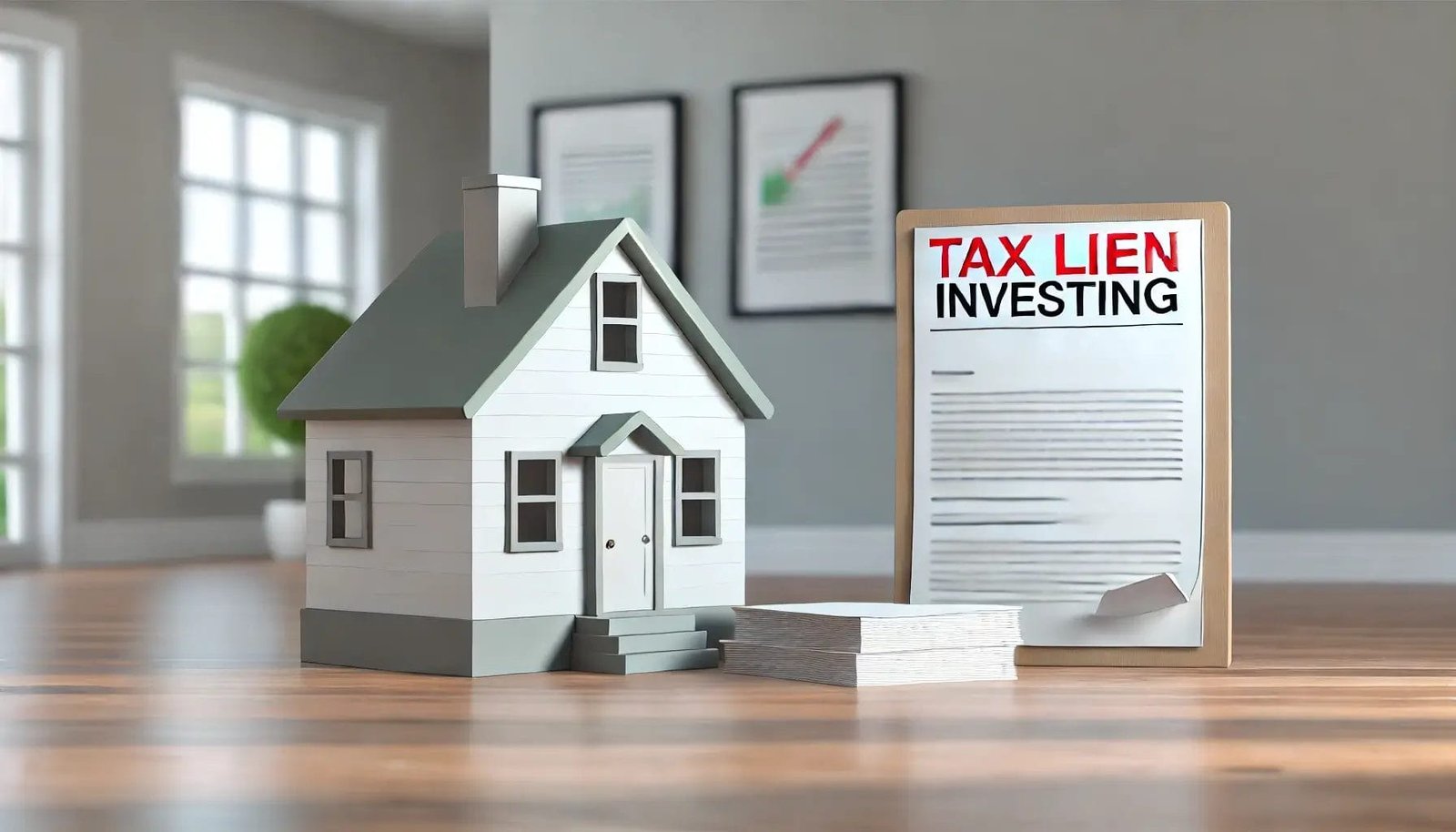Tax deed sales have gained attention in recent years as more people look for creative ways to build wealth in real estate. At first glance, the idea seems simple: purchase properties at county auctions where the previous owner failed to pay property taxes, and either flip them, rent them out, or hold them for appreciation. The potential profits are appealing, but like every investment, tax deed properties come with risks that are often hidden from inexperienced buyers. Understanding these risks is essential if you want to succeed in 2025 and beyond.
Why Tax Deed Investments Look Attractive
Many investors are drawn to tax deed sales because they promise the opportunity to acquire real estate below market value. Unlike traditional real estate deals, where negotiations, mortgages, and inspections dominate, tax deed auctions can feel like a shortcut to ownership. Counties hold these auctions to recover unpaid property taxes, and bidders compete to pay off the tax debt. Winning bidders then receive the deed to the property, often at a fraction of its market price. While the idea of buying real estate at deep discounts is attractive, it is also what tempts many newcomers to overlook the hidden pitfalls.
The Importance of Proper Due Diligence
One of the most common tax deed investment risks is failing to perform proper due diligence. Properties sold at tax deed auctions are offered “as-is,” meaning the county provides little to no guarantee about their condition. A property that looks promising on paper may have structural issues, code violations, or unpaid utility bills that transfer to the new owner. Investors who rush into bidding without researching can end up with a property that costs far more to fix than it is worth. Tax deed investment tips often emphasize research, and in 2025, that advice remains more important than ever.
Title Problems That Don’t Disappear
Another hidden risk in tax deed investment is the issue of title defects. While a tax deed grants ownership, it does not necessarily eliminate all claims or liens on the property. In some cases, heirs, mortgage lenders, or judgment creditors may still have a legal interest in the property. Clearing these issues often requires filing a quiet title action, which can be time-consuming and expensive. Overlooking this step could mean years of legal battles before you can confidently sell or refinance the property.
Environmental Hazards That Can Trap Investors
Environmental concerns are another overlooked risk in tax deed investing. A property purchased at auction could sit on contaminated land, or the structure itself might contain hazardous materials such as asbestos or lead paint. Environmental cleanup is not only costly but can also make the property nearly impossible to sell. Smart investors in 2025 know that tax deed investment tips must include checking the environmental history of a property before bidding. Counties rarely disclose these issues, leaving it up to investors to protect themselves.

Occupied Properties and Eviction Challenges
Buying a tax deed property does not always mean you receive vacant real estate. In many cases, the property may still be occupied by the former owner, tenants, or even squatters. Removing occupants can require legal eviction proceedings, which take time and money. This process can also lead to unexpected repairs, as disgruntled occupants sometimes damage the property before leaving. For investors who underestimate these challenges, an attractive deal can quickly turn into a nightmare.
The Risk of Overbidding in Competitive Auctions
With the growing popularity of tax deed sales, auctions in 2025 have become more competitive. New investors, eager to get started, often overbid on properties without considering long-term profitability. Paying too much for a tax deed eliminates the advantage of acquiring real estate at a discount. Experienced investors always caution against emotional bidding, reminding newcomers that the goal is profit, not just ownership. Among the most valuable tax deed investment tips is learning how to set a maximum bid and stick to it.
Market Shifts That Reduce Profitability
Real estate values fluctuate with economic conditions, and properties purchased through tax deeds are no exception. A house that looks like a great investment today may lose value if the local market slows down. Economic downturns, rising interest rates, or neighborhood decline can all reduce the potential return on investment. Investors who fail to account for broader market trends may find themselves holding properties that are harder to sell or rent than expected.
The Challenge of Hidden Repair Costs
Even if a tax deed property appears to be in decent condition, hidden repair costs can quickly add up. Issues like foundation cracks, outdated plumbing, roof leaks, or electrical hazards are not always visible during a drive-by inspection. Since tax deed buyers rarely have the chance to perform a full inspection before purchase, they must factor in the possibility of extensive renovations. Overlooking this reality is one of the most common tax deed investment risks for beginners.
Legal Complexities Across Different States
Not all tax deed sales follow the same rules. Each state, and sometimes each county, has its own process, redemption periods, and legal requirements. Investors who fail to understand local laws risk losing their money or facing unexpected delays in taking full ownership. For example, some states allow former owners a redemption period after the sale, during which they can reclaim their property by paying the back taxes plus interest. Failing to account for these laws can derail your investment plans.
Strategies to Reduce Hidden Risks in 2025
The best way to succeed in tax deed investing is not to avoid risk entirely but to manage it wisely. Research is the cornerstone of smart investing, and modern tools make it easier than ever to investigate properties before bidding. Reviewing county records, checking for liens, verifying zoning compliance, and even driving by the property can reveal valuable information. Many investors also build relationships with local real estate professionals who can provide insights about neighborhoods and market conditions. These strategies, along with patience and discipline, form the foundation of reliable tax deed investment tips for 2025.
Why Knowledge Is Your Best Investment
At the end of the day, the most dangerous tax deed investment risks are the ones investors fail to see coming. Hidden problems like title disputes, environmental hazards, or unexpected repair costs can transform what looked like a bargain into a financial burden. However, with careful planning, thorough research, and a willingness to learn, these risks can be managed or avoided. In 2025, tax deed investing remains a powerful way to acquire real estate, but only for those who respect the risks as much as the rewards.
Final Thoughts on Tax Deed Investment Risks
Tax deed sales are not a shortcut to instant wealth. They are a serious form of real estate investing that requires preparation, patience, and caution. By recognizing the hidden dangers and applying proven tax deed investment tips, you can protect your capital and maximize your returns. The opportunities in 2025 are real, but so are the risks. Success depends on whether you are willing to put in the work to understand both.






Join The Discussion